You've probably used bath salts before, but have you ever considered using salt in the shower? It may seem like an unusual addition to your daily routine, but incorporating salt when you shower can provide a range of body-boosting benefits. It’s also a great way to get the relaxation of a bath without the time commitment or mess. Whether you're looking for a natural exfoliant that'll leave your skin feeling soft and smooth, or hoping to reduce muscle soreness after a tough workout, here are some ways to incorporate salt into your shower routine.

5 Ways to Use Salt in the Shower
Salt is a versatile ingredient with numerous health benefits that can help turn a regular shower into a luxurious, spa-like experience. Epsom salts contain magnesium, which has been shown to be a major player in the therapeutic effects of soaking in world famous Dead Sea water [source].
Whether you're making a mineral rinse or using it as a body scrub to remove dead skin, you'll be amazed at how quickly and effectively salt can transform your shower routine.
1. Aromatherapy shower
Creating an aromatherapy shower using sea salt and essential oils is a great way to relax and unwind without having to clean the tub. All you need is some sea salt, essential oils, and a muslin bag to hold everything. If you’d like to get fancy, add dried herbs, flowers, or botanicals, and you’ve got yourself a mess-free tub tea (ahem, shower tea) and a healing shower scrub.
In a small bowl, mix together ½ cup of sea salt with 10–20 drops of your favorite essential oils. You can use one essential oil or a combination of a few, depending on your preference. Spoon the mixture into a muslin bag or sachet, then cinch the drawstring to keep everything securely inside and make cleanup a breeze.
Hang the muslin bag in the shower near the stream of hot water. As the water flows over the bag, the steam will help to release the essential oils and sea salt. Hop in the shower and breathe deeply, inhaling the calming scents and therapeutic benefits of the essential oils. Enjoy!
2. Salt body scrub
Mix sea salt with a little carrier oil to create a hydrating body scrub that is perfect for sensitive skin.
In a mixing bowl, combine ½ cup sea salt and ¼ cup carrier oil (olive, avocado, and sweet almond oils are my favorite), and stir to mix thoroughly. Feel free to adjust the amount of carrier oil as needed to reach the desired consistency.
To use, apply the salt scrub to damp skin and use circular motions to gently exfoliate the flakes away. Rinse with warm water.
3. Mineral rinse
Sea salt contains a variety of beneficial minerals, such as magnesium, potassium, and calcium [source], which can help nourish skin, reduce the appearance of fine lines and wrinkles, and lock in moisture. To reap its skin-soothing benefits, sprinkle a little fine sea salt into the palm of your hands and apply to damp skin. Let it sit for 5 minutes before rinsing off.
4. Shower steamer
Remember when you were sick as a kid, and grandma told you to take a hot shower? Steam inhalation has long been known for its respiratory benefits [source]. Steamy showers can help relieve congestion by moistening the nasal passages and throat. Add a few sinus-soothing essential oils, and you’ll be back to 100% in no time.
Place a washcloth on the floor of your shower and sprinkle a handful of bath salts over it, making sure they sink in between the fibers (this will keep the salt from washing down the drain). Place the washcloth somewhere it will get wet but where you won’t step on it. As the water hits the washcloth, it will dissolve the salts and disperse the essential oils throughout the air, creating a relaxing and soothing spa-like environment.
5. Exfoliating soap scrub
Scrubbing soap bars are having a moment—and we’re totally on board! They’re a great way to do double duty by letting you cleanse and exfoliate at the same time. If you’re short on time, make your own exfoliating soap bars by pressing sea salt into a wet, slightly soft bar of soap. Then let it dry for several hours or overnight.
Next time you’re in the shower, use the soap as you would any other exfoliating bar soap, focusing on knees, elbows, and anywhere else you might have dry skin.
4 Salt Blends You Can Use in the Shower
Mix all ingredients together in a bowl and store in an airtight container until ready to use.
Sleep Salt Blend
—1-½ cups sea salt
—20 drops lavender essential oil
—10 drops chamomile essential oil
—1 tablespoon dried organic lavender buds (optional)
Congestion Relief Salt Blend
—1 cup sea salt
—20 drops eucalyptus essential oil
—10 drops peppermint essential oil
Skin Soothing Salt Blend
—1 cup sea salt
—½ cup baking soda
—10 drops helichrysum essential oil
—10 drop frankincense essential oil
Mood-Boosting Salt Blend
—1 cup sea salt
—20 drops grapefruit essential oil
—15 drop lemongrass essential oil
—1 tablespoon dried organic rose petals (optional)
Shower Salt FAQs
What does showering with salt do?
Sea salt can help to exfoliate and soften the skin, as well as improve circulation and reduce inflammation. It can also promote respiratory health, boost relaxation, and be used in aromatherapy.
Can I use Epsom salts in the shower?
The benefits of Epsom salts are well known [source]. It's an easy and inexpensive way of reducing inflammation and soothing aching muscles.
Epsom salt can work in the shower, but it may not be as effective as an Epsom salt bath. When used in the shower, this healing salt can help exfoliate and soften the skin, as well as provide some relaxation benefits. However, because the water in the shower is not as hot and the steam is not as concentrated as in a bath, Epsom salt may not be absorbed as effectively into the skin. If you have sore muscles, opt for an Epsom salt bath instead.
How often can I use sea salt in the shower?
You can use sea salt in the shower once or twice a week, depending on your skin's needs. Overuse can lead to dry or itchy skin, so it's important to pay attention to any signs and adjust your usage accordingly.
Can sea salt help with acne or other skin conditions?
Sea salt has long been thought to have anti-inflammatory properties that can help to reduce redness and inflammation associated with acne and other skin conditions. However, it's important to talk to a dermatologist before using sea salt or any other home remedy to treat a skin condition.
References:
1. Dai D, et al. The biological role of Dead sea water in skin health: a review. Cosmetics. 2023.
2. Lee BH, et al. Natural sea salt consumption confers protection against hypertension and kidney damage in Dahl salt-sensitive rats. Food Nutr Res. 2017.
3. Chowdhury MNR, et al. Theoretical effectiveness of steam inhalation against SARS-CoV-2 infection: updates on clinical trials, mechanism of actions, and traditional approaches. Heliyon. 2022.
4. Elbossaty WF. Pharmaceutical influences of Epsom salts. Am J Pharmacol Pharmacother. 2018.
32
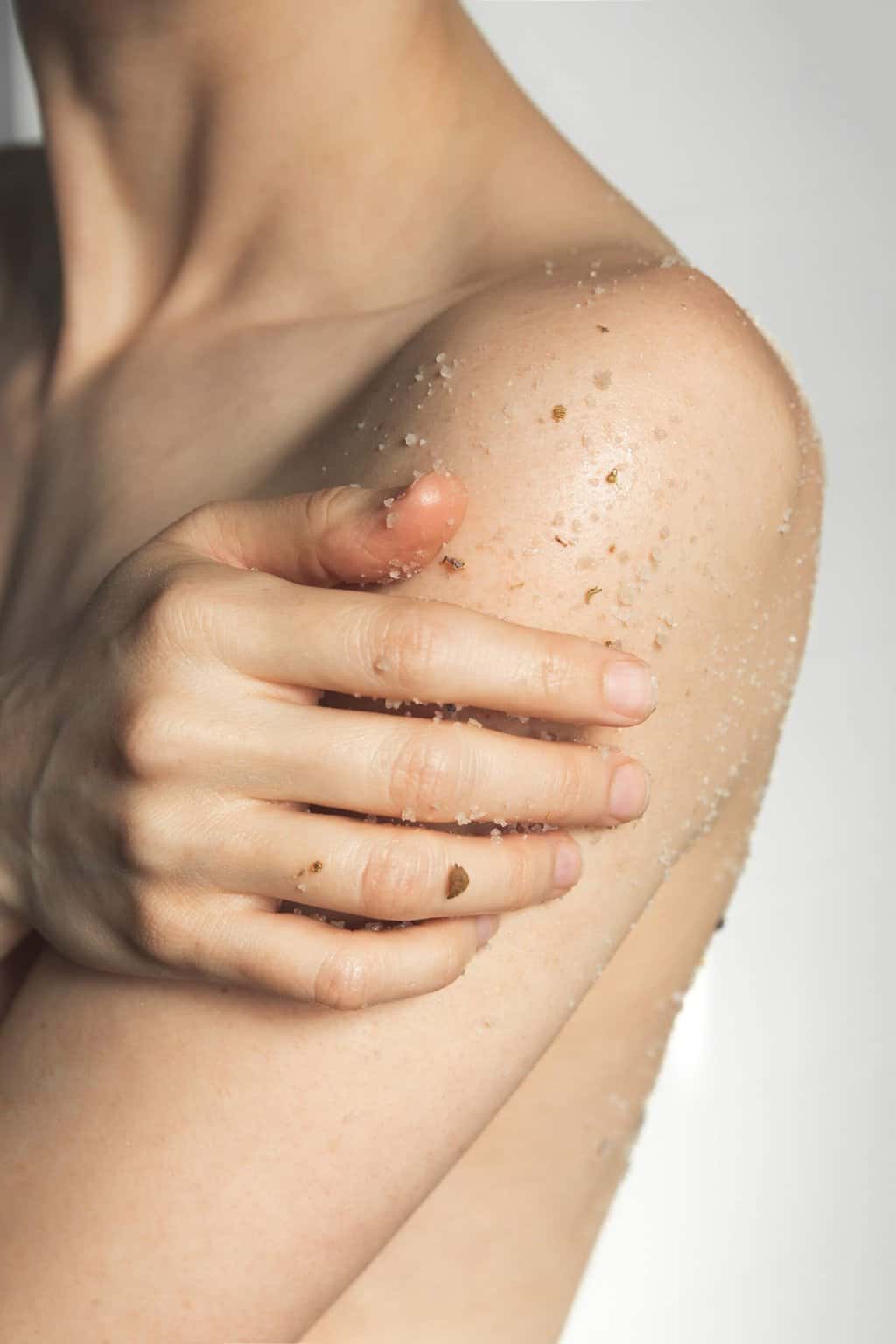
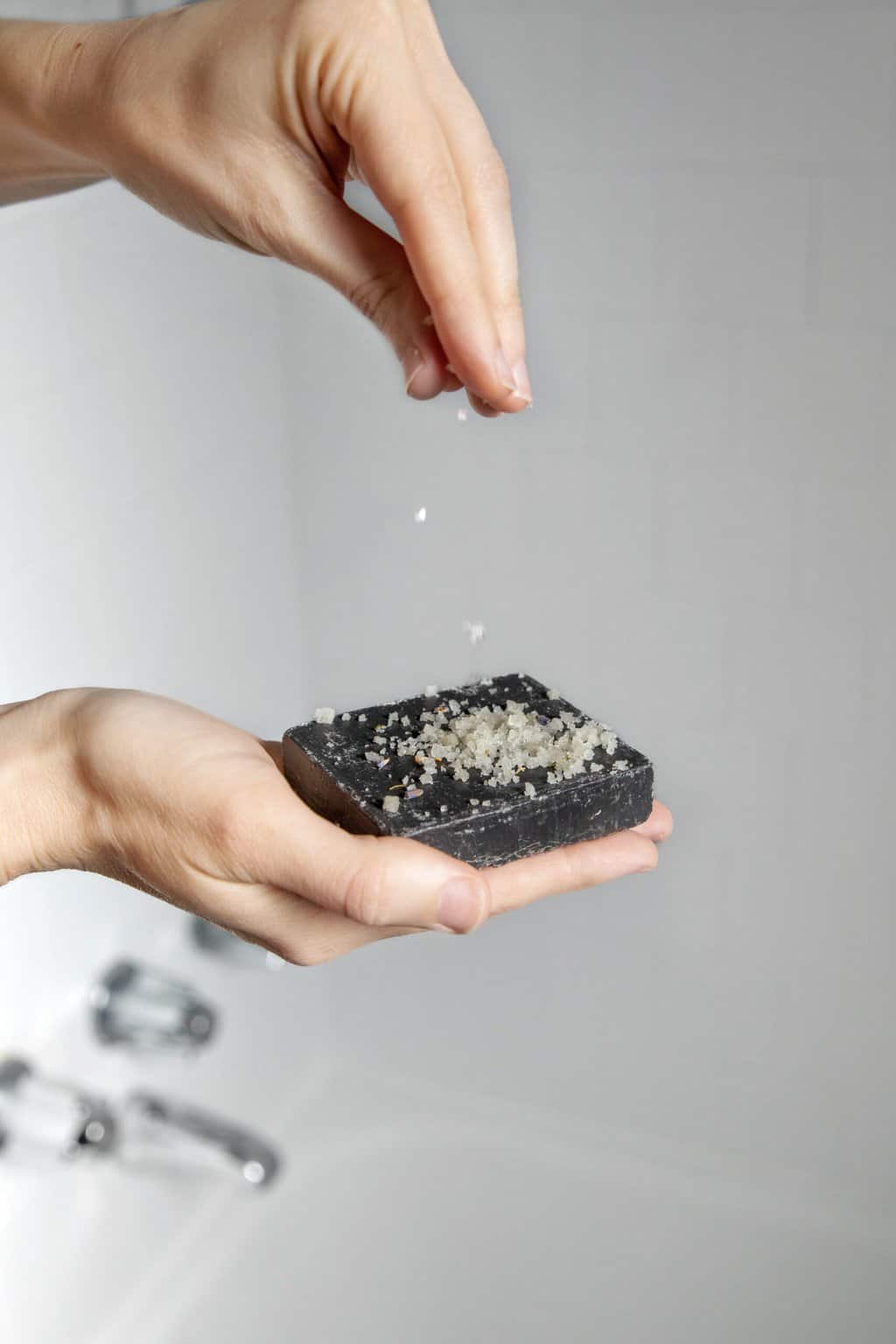
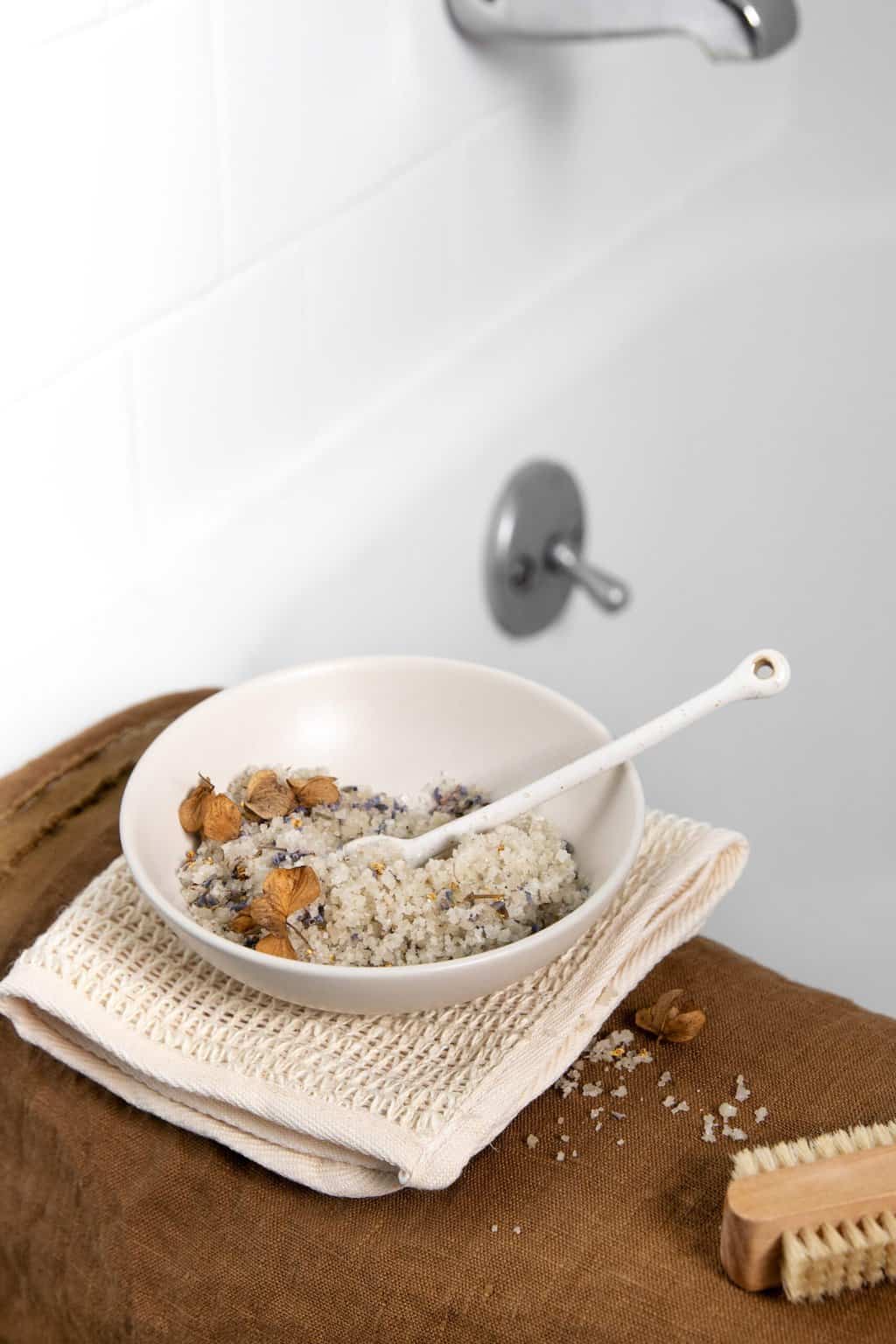
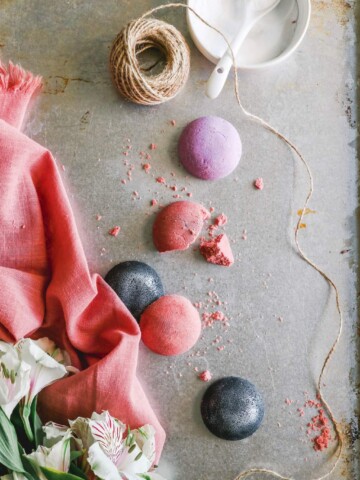
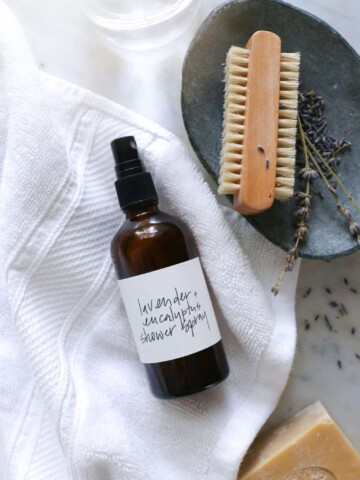
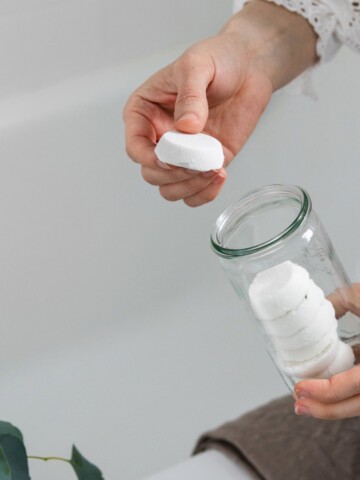
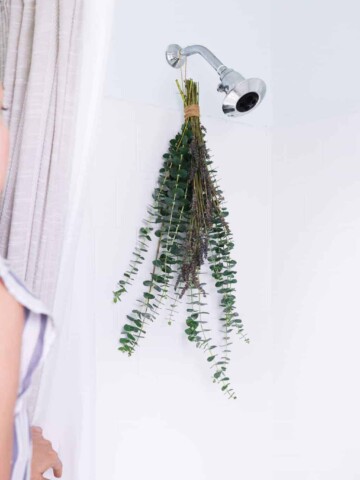
Leave a Comment